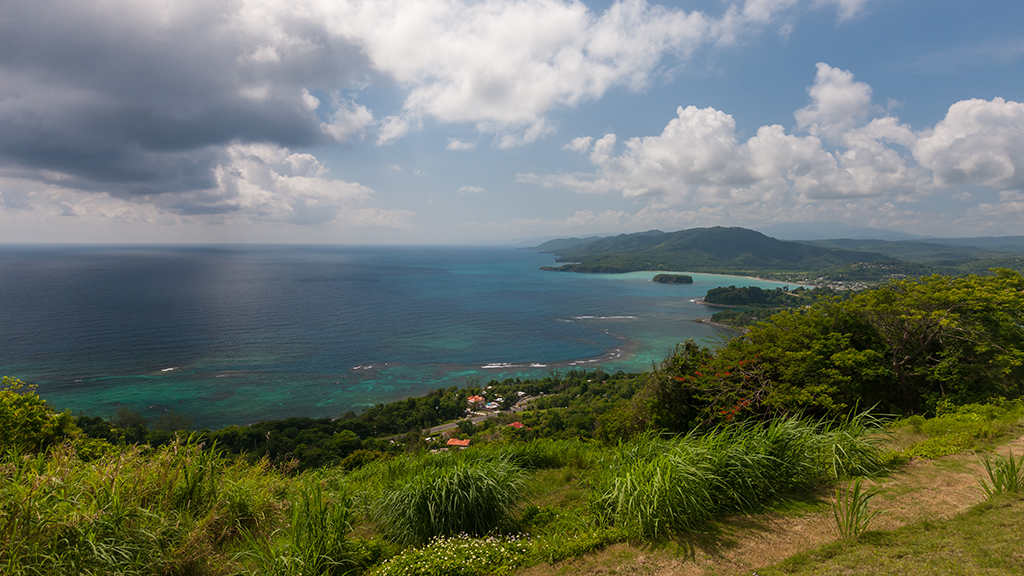Abstract
In this case study, students explore the impacts of atmospheric events such as El Niño and the trade winds on water scarcity. Set within the geographical and socioeconomical context of Jamaica, students discuss strategies and solutions to improve water availability when faced with changing precipitation patterns. These changes impact the water available for farming as well as for drinking. Water management is explored by describing the goals of the National Water Commission in Jamaica and the strategies employed to improve efficiency in water usage. A short dialogue between a Jamaican mother and daughter highlights the impacts of water scarcity in daily life, and students also have an opportunity to examine the disparity in daily water consumption between Jamaicans (~300 liters) and tourists (~850 liters). This activity was developed for an upper-level undergraduate course on global water issues but could also be used in environmental science courses or adapted for other courses that cover the topics of weather/climate or water resources.



